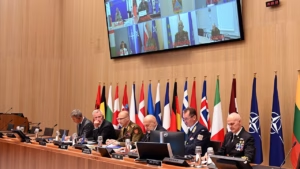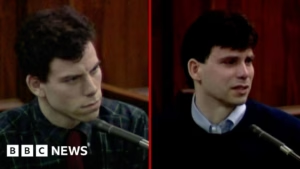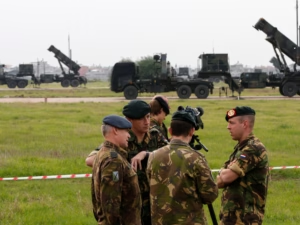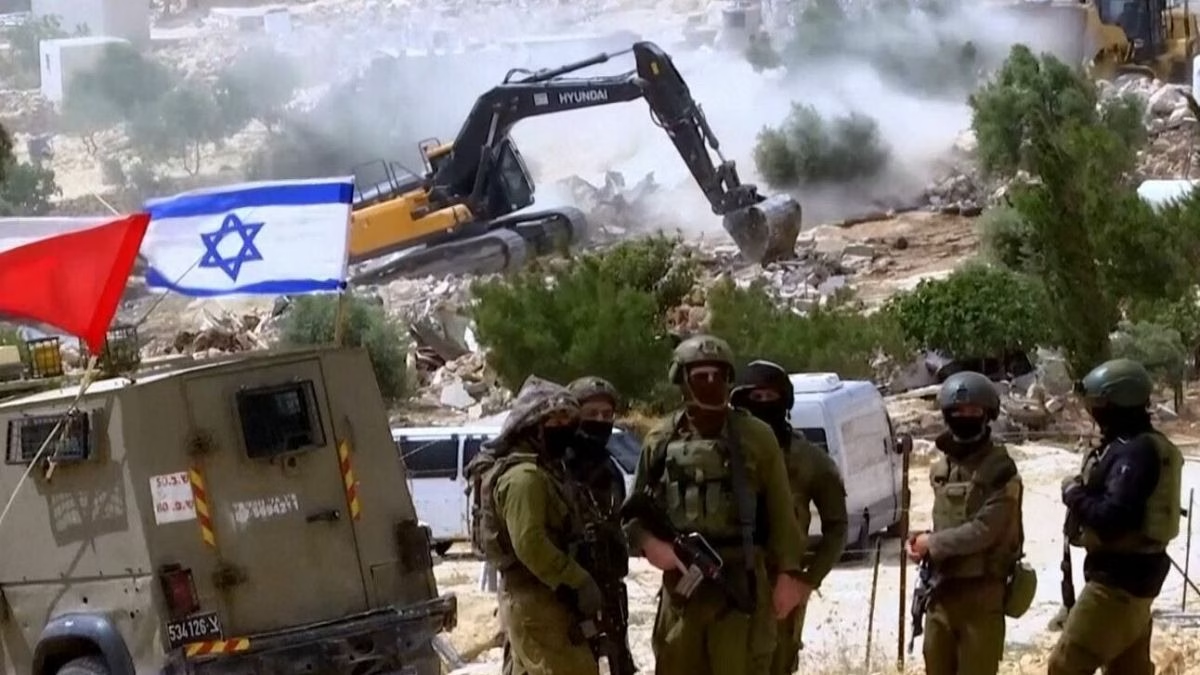On Monday, Israeli military bulldozers demolished a significant portion of a Palestinian Bedouin village in the Israeli-occupied West Bank, destroying the community’s infrastructure and leaving residents to navigate through the debris of their homes.
The demolition took place in Khalet Al-Dab during the morning hours, as reported by Basel Adra, a local filmmaker, journalist, and activist. According to Mohammed Rabia, the head of the village council, the demolition resulted in the destruction of nine houses, five tents, and five animal enclosures.
The Coordinator of Government Activities in the Territories (COGAT), the Israeli military organization responsible for overseeing administrative matters in the occupied West Bank, announced the destruction of structures that were built unlawfully in a region classified as a restricted firing zone.
Palestinians have consistently stated that obtaining Israeli authorization for construction in the West Bank is virtually unattainable.
Ali Dababsa, an 87-year-old shepherd, stood in shock as he witnessed the destruction of his home. ‘We want to die under this soil, this land is precious to us and we are the owners of this land,’ he stated, as he and other villagers gathered on a hilltop.
The demolitions occurred in Masafer Yatta, a region in the West Bank where extreme Israeli settlers are expanding their network of outposts.
Palestinians claim that settlers operate with the implicit approval of the Israeli government, which carries out home demolitions and seldom holds settlers accountable for acts of violence against Palestinians.
“Since Oct. 7, the Israeli army, along with settlers, has established three illegal outposts around this community and is now erasing this village to create more Israeli settlements in the area,” Adra, co-director of the Oscar-winning film ‘No Other Land,’ which deals with the expulsion of Palestinians and settler violence, stated.
The demolition coincides with plans by Israeli forces to demolish over 100 homes in two northern refugee camps located in the West Bank.
Additional sources • AP







